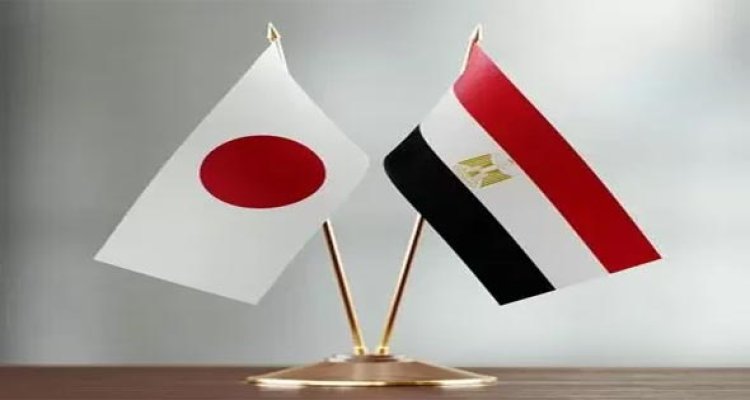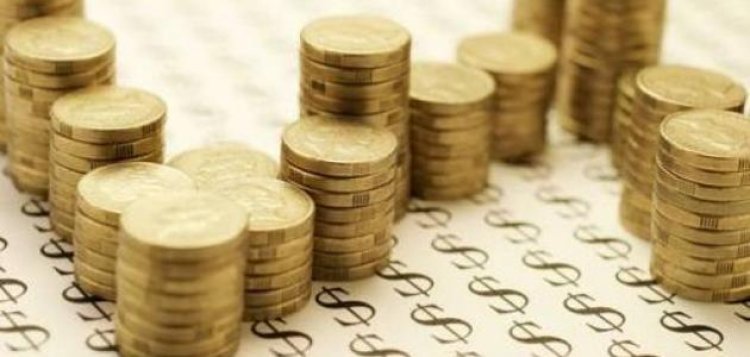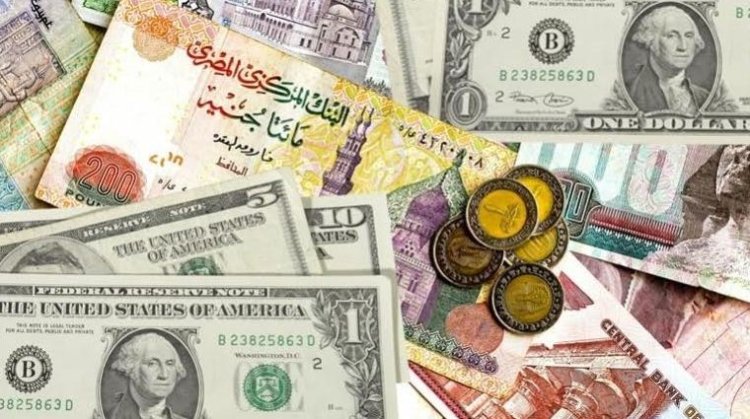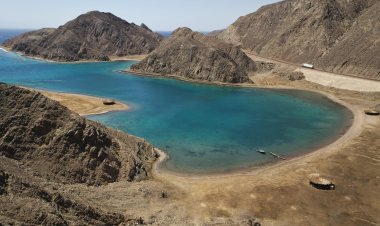Egypt reviews the investment opportunities available to Japanese investors

The Minister of Planning and Economic Development, Hala Al-Saeed, received a delegation of Japanese investors headed by KANAZAWA YUKIO. Owner of Titan Capital and Mizuha, and his accompanying delegation, to discuss ways of joint cooperation and present investment opportunities in Egypt.
This came in the presence of a number of officials and ministry leaders. According to a statement issued today, Saturday.
During her speech, Hala Al-Saeed reviewed the role played by the Ministry of Planning and Economic Development, noting that in the field of economic development it is responsible for formulating and following up on the implementation of Egypt’s Vision 2030, ensuring its consistency with the UN goals and Agenda 2063, and evaluating indicators of implementing the sustainable development goals, in addition to setting overall goals for development.
Economic development
Economic development and its follow-ups, diversifying the production structure, and raising the efficiency of human resources and infrastructure. She added that at the planning level, the Ministry is specialized in preparing long-, medium- and short-term sustainable development plans, managing public investment and raising its efficiency, diversifying sources of funding for development plans and programs, and digital transformation that supports planning.

The Minister of Planning and Economic Development referred to the entities affiliated with the Ministry, including the National Planning Institute, the National Institute for Governance and Sustainable Development, and the Central Agency for Public Mobilization and Statistics. She also pointed to the role of the sovereign fund, which is the investment arm of the state.
Vision 2030
Al-Saeed discussed modernizing Egypt’s Vision 2030 to be compatible with global changes. She also referred to the National Program for Structural Reforms, which aims to transform the course of the national economy into a productive economy with competitive advantages in a way that supports the economy’s ability to grow sustainably, pointing to the Decent Life Initiative, which is the largest project. Developmental projects aimed at improving the lives of citizens in the Egyptian countryside, and the national project for Egyptian family development, which aims to improve the characteristics of the population and control rapid growth rates.
Hala Al-Saeed affirmed the Egyptian state’s commitment to following dialogue and a participatory approach to launching development partnerships with the private sector and civil society. This is the approach followed by the Ministry and the State in the development planning process in general and in implementing Egypt’s Vision 2030, which has been updated in accordance with the participatory approach. It is also being implemented through various plans and interim programs in accordance with this participatory approach, pointing to the launch of the country program for Egypt in cooperation with the Organization for Cooperation and Development. Economic and development is one of the most prominent international programs implemented within the framework of international partnerships.
Regarding the localization of sustainable development goals, Al-Saeed explained that Egypt launched the voluntary national reports that were reviewed before the High-Level Political Forum in New York, the Financing for Development Report and the Human Development Report for Egypt 2021, and work is underway on the new report for the year 2023, in addition to launching local voluntary reports to implement Sustainable development goals in the governorates, as the first phase included the governorates of Beheira, Fayoum, and Port Said.
Economic Zone
Regarding the most important features of the Egyptian economic scene, Al-Saeed said that the Egyptian economy is characterized by diversity and the multiplicity of promising sectors that provide promising investment opportunities, and includes the sectors of agriculture, industry, the communications and information technology sector, and the logistics sector, pointing to the distinguished geographical location of Egypt, which makes it a gateway to the African continent. And Europe. Egypt has a large market, low-cost skilled labor, in addition to the promising economic potential of the Suez Canal Economic Zone.
She also referred to the set of legislative policies and reforms launched by the Egyptian state with the aim of improving the investment climate, in addition to the state’s implementation of unprecedented investments in infrastructure during the last decade that make Egypt an attractive environment for investments, pointing to the Golden License initiative as well as the speed of project implementation as the state grants the license. Gold status with one approval (from the Council of Ministers) to establish, operate and manage projects in a period not exceeding 20 working days. She explained that there are a large number of free trade agreements between Egypt and various countries of the world and regional blocs, including the COMESA Agreement, the African Continental Free Trade Agreement, and the Association Agreement between Egypt and the European Union.
Economic and Social Reform Programme
Al-Saeed reviewed the most important development efforts of the Egyptian state, noting the launch of Egypt Vision 2030 in 2016 to represent the national version of the international goals to achieve sustainable development, and the general framework regulating the interim plans and programs of work during the coming years, noting that Egypt had the lead in implementing many reforms from During the first phase of the National Economic and Social Reform Programme, which was launched by the government in November 2016, which contributed to achieving overall stability and comprehensive growth, which was reflected in the positive indicators witnessed by the Egyptian economy during the year 19/2020 and before the occurrence of the Covid-19 crisis.
The Minister of Planning continued that these efforts are being completed by supporting the business environment and enhancing the role of the private sector as one of the main axes of the national program for structural reforms in Egypt, which the state launched in April 2021 through dialogue with experts and the private sector. The program aims to restructure the Egyptian economy to diversify the productive structure. Focusing on the sectors of the real economy, these sectors are: the agricultural sector - the industrial sector - the communications and information technology sector, explaining that the program includes a special axis to enhance the efficiency and flexibility of the labor market in order to provide skilled workers, through the expansion of technological and applied schools and universities, as well as Establishing specialized sector councils to cooperate with the private sector in identifying and supporting the required skills.

Investment climate
Regarding the investment climate and opportunities in Egypt, Al-Saeed pointed out the issuance of a set of incentives and the application of a set of exemptions with the aim of reducing the financial and tax burdens on investors.
Dr. explained. Hala Al-Saeed The role of the Sovereign Fund of Egypt as one of the mechanisms to enhance partnership with the local and foreign private sector, which is considered the ideal partner for the private sector because a special law gives it flexibility in investing without being bound by government rules and regulations, and it has freedom and structural flexibility to implement various investments and exit in an optimal way to maximize their value, and it also helps The Investor Fund, by facilitating government procedures and obtaining the necessary licenses, allows investment in state-owned assets by converting them into unique investment products, including many exclusive opportunities. In addition, the Fund is managed by specialized cadres with international experience in the fields of investment.


 Shrouq
Shrouq 












